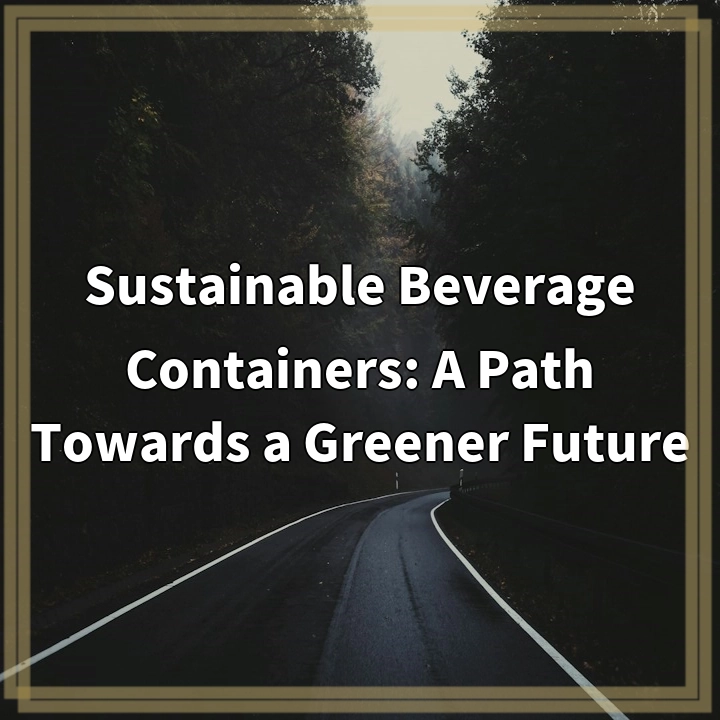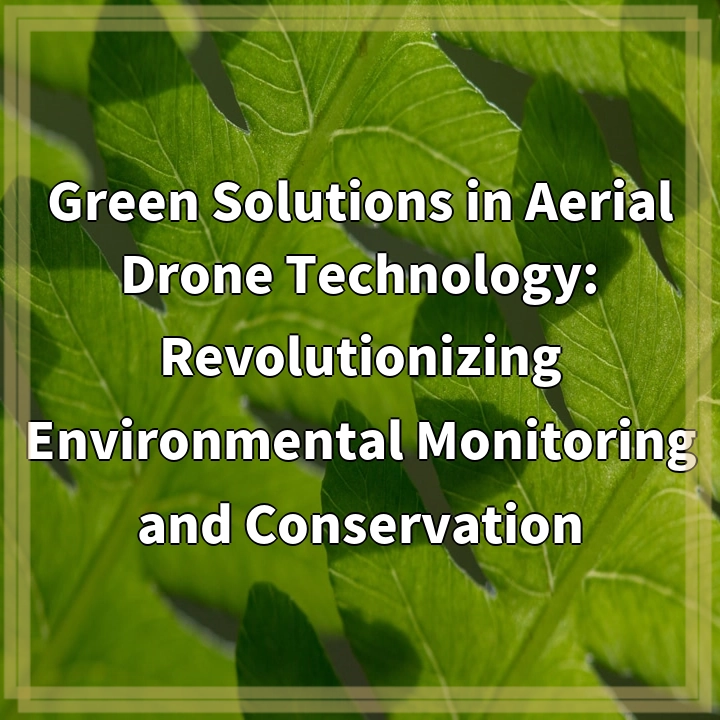
What are Sustainable Beverage Containers?
Sustainable beverage containers, also known as eco-friendly or green containers, are packaging options that prioritize the use of materials and manufacturing processes that have a minimal impact on the environment. These containers are designed to be reusable, recyclable, or compostable, reducing the overall waste generated from the beverage industry.
Real-World Problems Associated with Sustainable Beverage Containers
Sustainable beverage containers address several significant environmental challenges faced by the beverage industry and society as a whole:
1. Single-Use Plastic Crisis
One of the most pressing issues is the overuse of single-use plastic containers. Traditional single-use beverage containers, such as plastic bottles and disposable cups, contribute to the accumulation of plastic waste in landfills and oceans, leading to pollution and harm to wildlife.
2. Carbon Footprint
The production and transportation of beverage containers, especially those made from nonrenewable resources like fossil fuels, contribute to greenhouse gas emissions. This exacerbates climate change and its associated environmental and social impacts.
3. Resource Depletion
The extraction of raw materials used in traditional beverage containers, such as petroleum for plastic bottles or aluminum for cans, contributes to resource depletion. These resources are finite, and their extraction often involves harmful practices that degrade ecosystems and disrupt local communities.
4. Waste Management Challenges
The disposal of non-recyclable or non-biodegradable beverage containers poses significant challenges for waste management systems. Improperly managed waste can end up in landfills or incinerators, leading to pollution and the release of harmful substances into the environment.
5. Limited Consumer Awareness
Many consumers are not aware of the environmental impacts of their beverage container choices. There is a lack of understanding about the benefits of sustainable containers and the potential harm caused by conventional options. This hinders the widespread adoption of eco-friendly alternatives.
In conclusion, sustainable beverage containers offer a promising solution to the environmental challenges associated with conventional packaging. By promoting reuse, recycling, and composting, these containers can help reduce waste, decrease carbon emissions, conserve resources, and educate consumers about their choices.

Solutions for Sustainable Beverage Containers
Addressing the real-world problems associated with sustainable beverage containers requires a multi-faceted approach and the cooperation of various stakeholders. Here are some potential solutions:
1. Shift Towards Reusables
Encouraging the use of reusable beverage containers, such as stainless steel or glass bottles, can significantly reduce single-use plastic waste. Promoting refill stations and offering incentives for using reusable containers can help drive the adoption of this sustainable practice.
2. Increase Recycling Infrastructure
Investing in robust recycling infrastructure and raising awareness about the importance of recycling beverage containers can divert a significant amount of waste from landfills. Implementing recycling programs in public spaces, businesses, and households can encourage proper disposal and ensure the materials are repurposed.
3. Develop Compostable Alternatives
Exploring and promoting compostable materials for beverage containers can help divert organic waste from landfills and contribute to the circular economy. Compostable options, such as plant-based plastics or biodegradable materials, can provide sustainable alternatives while minimizing environmental impact.
4. Embrace Life Cycle Assessments
Conducting life cycle assessments (LCAs) of different beverage container options can provide insights into their environmental impacts throughout their entire life cycle. LCAs can guide decision-making by considering factors like resource consumption, carbon emissions, and waste generation, ultimately leading to more informed and sustainable choices.
5. Educate and Raise Awareness
Increasing consumer awareness about the environmental consequences of beverage container choices is key to driving sustainable behavior change. Educational campaigns, labeling systems, and partnerships with environmental organizations can help inform consumers and empower them to make more environmentally conscious decisions.
By implementing these solutions, we can pave the way towards a greener future, where sustainable beverage containers are the norm. Together, we can reduce waste, conserve resources, and mitigate the environmental impacts of the beverage industry.















